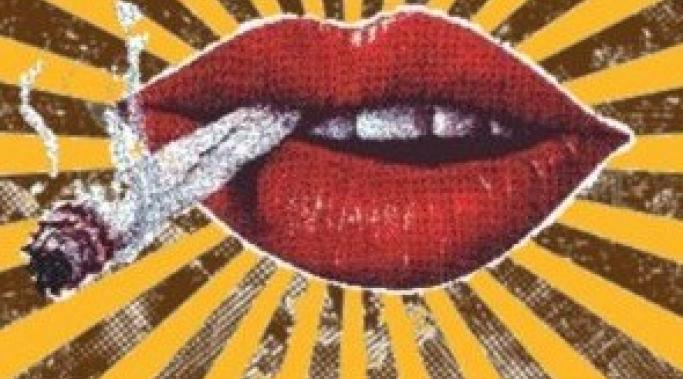Blogs
Last night we finally sat down to watch the first episode of Perception,a new television series on TNT starring Eric McCormack as Dr. Daniel Pierce, a professor of neuroscience with a brilliant mind – and schizophrenia. Because of this mental illness, he sees things in a different light, evidently extremely useful for solving crimes.
How I could wish that my son Ben's hallucinations were so helpful.
But this is reality.
Perception vs. Reality
I tried to watch the pilot episode with as open a mind as possible. After all it is just a TV show, and it is nice to see someone with schizophrenia be the hero for a change. Still, I wonder about misconceptions being perceived as reality by those who know woefully little about schizophrenia as it is - including Ben himself.
I could present you with thousands of research papers on this topic. All of them usually mention artists such as Van Gogh and writers like Sylvia Plath.
I don’t remember much about the first time I cut myself. I was probably about eleven or twelve at the time. I don’t remember why I did it, or what was going on in my mind at the time. But looking back on it now with a more formal and educated understanding of self-harm, I understand that I was seeking release.
Self-esteem is a funny thing. I think we’re all born with it but somewhere along the way it gets damaged for many of us. Self-esteem is simply: “a realistic respect for or favorable impression of oneself; self-respect.” And yet many of us feel pretty much the opposite. We feel an unreasonable disrespect or unfavorable impression of ourselves.
And mental illness may be one reason why.
For many people, drug and alcohol abuse and mental illness go hand-in-hand. There is hope however for overcoming these issues. This video on overcoming a co-occurring disorder touches on some of these methods.
Trauma disorders like Dissociative Identity Disorder (DID) and Post-Traumatic Stress Disorder (PTSD) come with a host of chronic problems. Cortisol imbalance - either too much or too little of this adrenal hormone sometimes referred to as the "ultimate stress hormone" - might be one of them. But why bother investigating something that might be a problem, when there are so many things that are? I'm a curious person. And I've got a hunch that managing cortisol might directly impact symptoms of Dissociative Identity Disorder and PTSD, which in turn helps balance cortisol levels, which alleviates symptoms, and around and around we go.
When you are first diagnosed with a mental illness, your life screeches to a halt--whether it has been moving too quickly or not fast enough, everything suddenly changes. Everything.
Like it or not, mentally ill people need to find employment just like everyone else. This leaves many of us wondering – precisely where might a mentally ill person slip into the workplace undetected? Indeed, what kind of jobs are mentally ill people even capable of performing? Well, the answer might surprise you!
Obviously, even the most seriously impaired in our midst are qualified for positions in The State Department, House Ways & Means Committee, Senate Sub-Committee For Overseeing The Oversights Of The House Oversight Committee, and Halliburton.
But, beyond the rarefied world of insider politics - where nothing consequential occurs and receiving money simply for demonstrating the ability to appear busy while basking in incompetence and indolence - is a world of real labor, populated by skilled professionals accomplishing meaningful tasks. It’s true!
Yesterday, Andi commented on Victims Think They May Be The Abuser. Andi said:
. . . I reached the point where I feared that the emotional / verbal abuse was going to move towards physical abuse. It has been a long time since this happened. I've moved far away and started over, but I'm still scared, feeling PTSD symptoms, and can't seem to move on. I want so desperately to be whole again. Any thoughts and help would be greatly appreciated.
These four myths about self-confidence may be keeping you from achieving the confidence and self-esteem you desire. Learn how to identify these myths and change your self-confidence.








